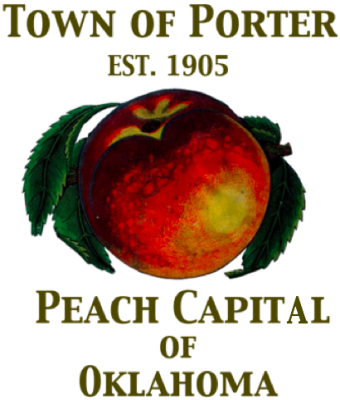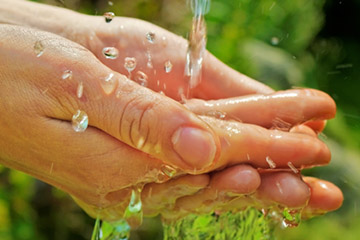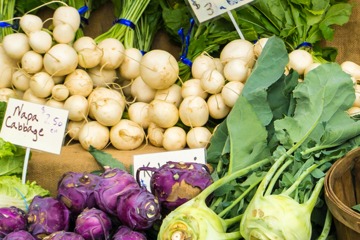Welcome to Town of Porter Town of Porter... Peach Capital of Oklahoma!
In 1903, the Missouri, Kansas and Oklahoma Railroad built a line from Wybark near Muskogee, to Osage, near what is now Tulsa. Part of the requirement for this section of track was to develop three towns, each with a depot, approximately equally spaced between Wybark and Osage. Porter, Coweta and Broken Arrow were selected. Farming, ranching and coal mining became a staple of the local economy. Clarksville, a settlement four miles south of present day Porter was the birthplace of Pleasant Porter, who later became chief of the Creek Nation.
Incorporated in 1905, the town's name honored Pleasant Porter. By 1907 statehood, there were three banks, two cotton gins and a thriving community with a school and churches. Some of the richest farmland in the area was located between the Verdigris and Arkansas rivers, and brought in more business and settlers. In 1919, a tornado heavily damaged most of the store buildings, wreaking great economic loss. Without insurance, many residents did not rebuild.
During World War II, the economy improved. Late in 1942, a large number of German and Italian soldiers were captured and interned in the United States. Because local farmers needed laborers, Camp Gruber set up local subcamps. Porter's WPA building housed many prisoners until the end of the war when they began to be repatriated. The building now houses the present day Town Hall.
In the 1890's, Ben Marshall, a Creek allotee, had planted peaches for the local market. Peaches became a major cash crop after he received a Gold Medal at the Louisiana Purchase Exposition for his peaches' quality. In 1967, Porter began hosting it's annual Peach Festival, which still continues today. Highlights of the festival are many, including the time a bushel of Porter Peaches made it's way to the White House. Then congressman Ed Edmondson had debated with former President Lyndon B. Johnson about whether Oklahoma or Texas grew the best peaches. Claudia "Lady Bird" Johnson was presented the peaches on the White House lawn to help decide the debate.



